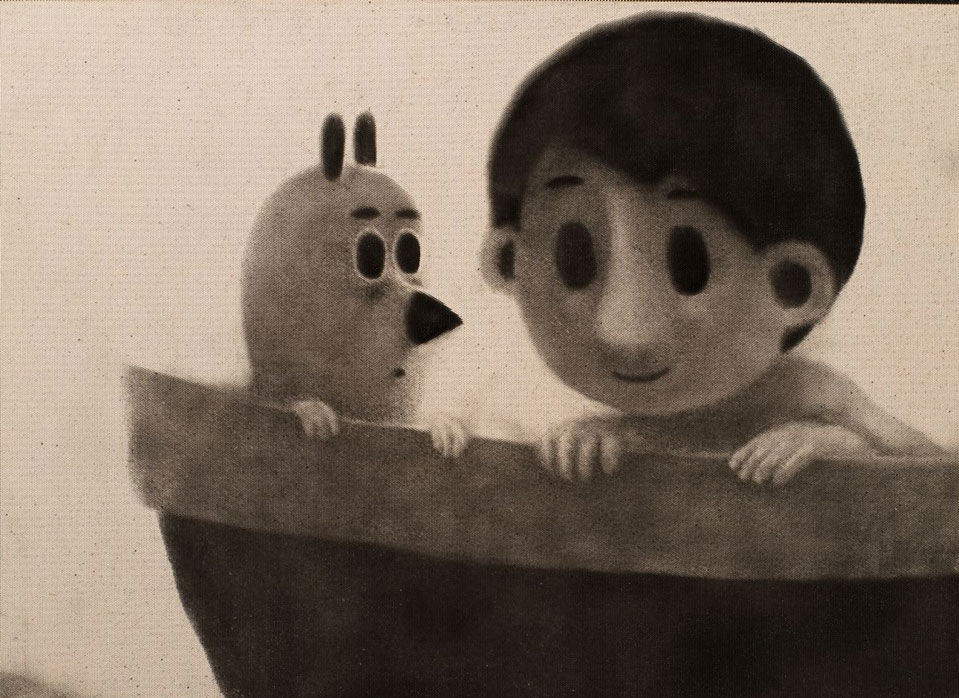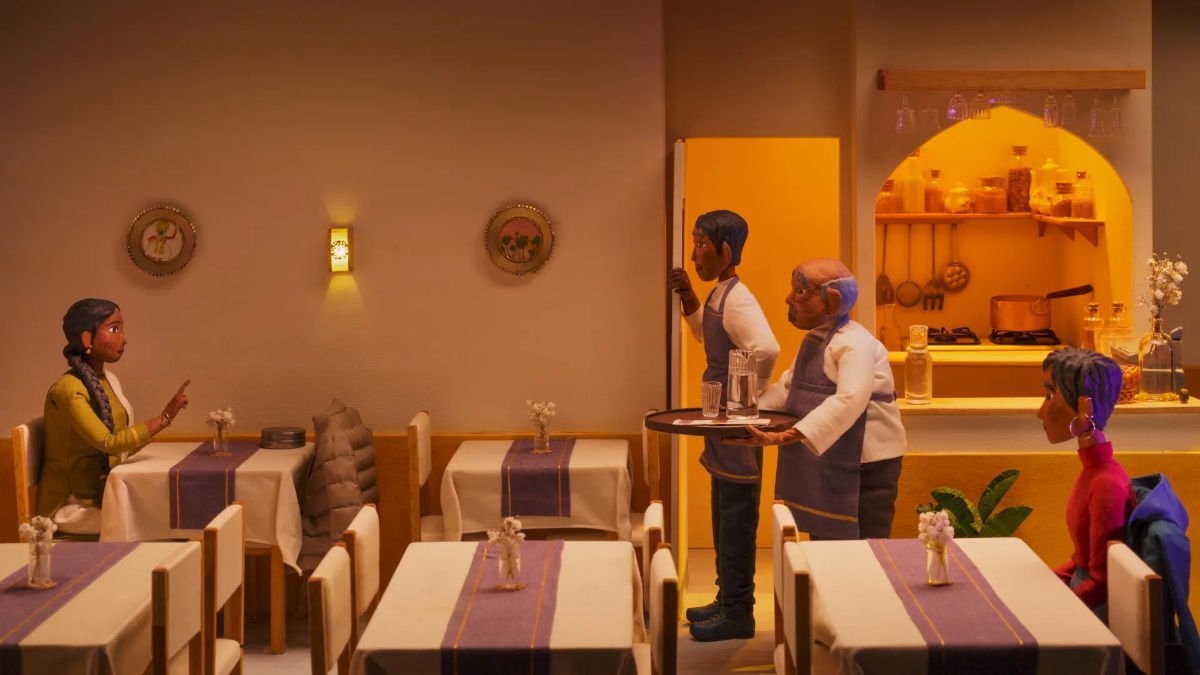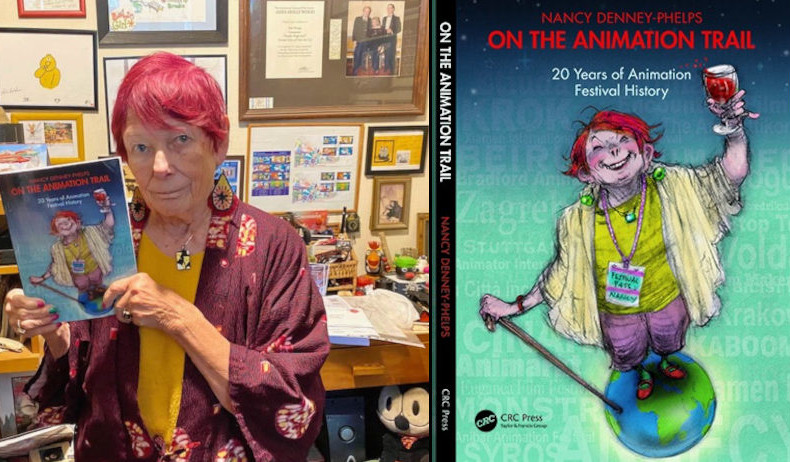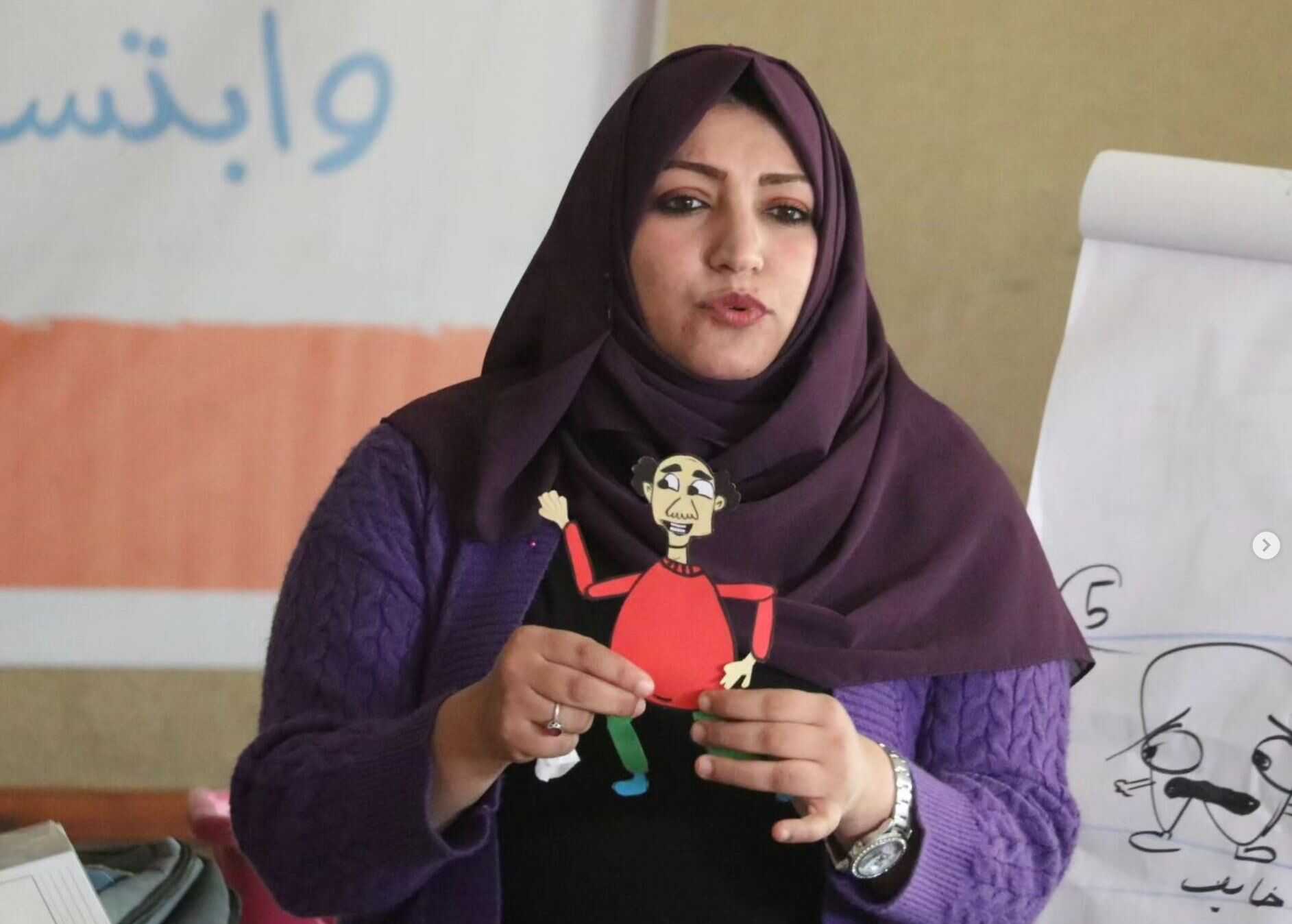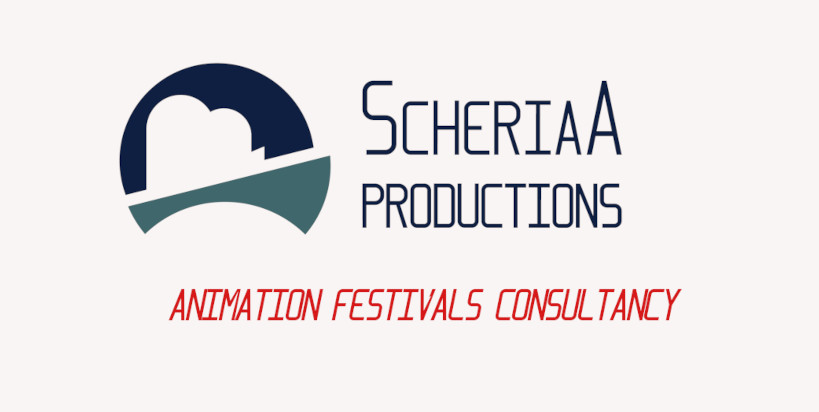Humanity, Meet Humility: Notes on the 14th StopTrik International Film Festival
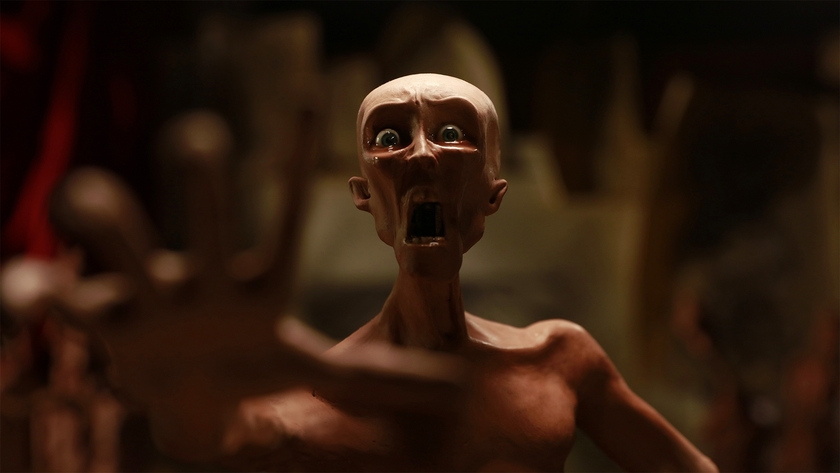
The superpower of smaller festivals is their ability to cut cleanly through the noise: encounters between all members of a global film community are mediated by a good bottle of beer (or also, in this case, homemade rakija) and not a press agent. It was my first time at the StopTrik International Film Festival and also my first time in Maribor, one of two homes for the Slovenian-Polish celebration of stop-motion animation — the other being Łódź, Poland. Granted, StopTrik does not have as wide of a reach as other animation festivals in the region, broadly construed. But now in its 14th edition, the event stripped away all the typical festival fluff to reveal its singular dedication to community-building within stop-motion filmmaking, set off by shared meals at Vetrinjski Dvor where most of the screenings took place and evening programming including the nomadic seven-second film festival Shcha7sec.
StopTrik also presented a decidedly and confidently topical set of themes: its dual spotlights on transhumanism and solidarity with Palestine — both very, very human foci. So rarely do festivals come forth with such “bold” (for the European film industry) perspectives which, frankly, was a huge breath of fresh air. Program director Michał Bobrowski says it’s in the DNA of the festival, which has always embraced themes with a social and/or political bent while celebrating what 15 years ago seemed to be an “endangered species of animation”. Bobrowski himself is a scholar of propaganda studies, who says that he and festival director Olga Bobrowska “like to use this curatorial project as a sort of playground for further academic endeavors”. This has included symposia and publications related to festival topics, with examples of past StopTrik themes including censorship and “obsession, perversion, and rebellion”.
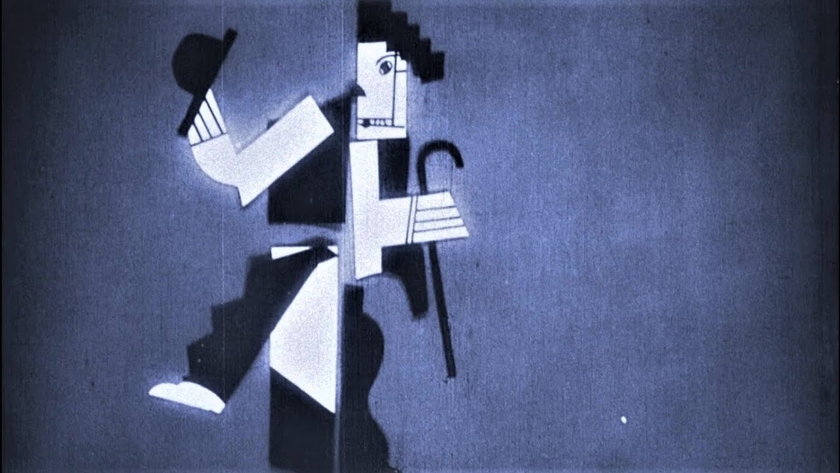
'Ballet Mécanique' by Fernand Léger
Bobrowski and Bobrowska curated the opening Retrospective: Transmigrating Anima program entitled “Mechanical Age Revisited” as a reference to Walter Benjamin’s work. The festival kicked off with a screening of Fernand Léger’s groundbreaking Dadaist work ‘Ballet Mécanique’ (France, 1924), which effectively set the stage for what the transhumanism theme could indicate for the festival by divorcing the depicted objects from rationality and references to a human self. There were, of course, the requisite three films touching on AI — but more importantly, the coming days were to really interrogate the means and meaning of human experience in its all its glory, terror, pain, frustration, desire, sorrow, and joy.
The edition boasted 72 short films across three competition strands — stop-motion international program, borderlands (experimental film), and stop-motion for children — in addition to the non-competitive Panorama strand, retrospective section, and spotlight on Palestinian filmmaking featuring the work of Ahmad Saleh and visual artist Samira Badran. Three more realist, richly production-designed international competition films struck a note with audiences: ‘Adiós’ by José Prats (UK, 2024), ‘Beautiful Men’ by Nicolas Keppens (France/Netherlands, 2023), and ‘Madeleine’ by Raquel Sancinetti (Canada, 2023), the last of which also won the top prize as voted by viewers. However, while visually very clean and narratively driven by a set of relatable interpersonal relationships, I found that I was significantly less emotionally moved by these films than ones that really played with and pushed the boundaries of stop-motion form, even if less polished. It wasn’t necessarily that the films lacked an intangible je ne sais quoi; but, witnessing the films in context with others that capitalized on the productive intersection of content and form revealed my hunger for animation as a form of play.
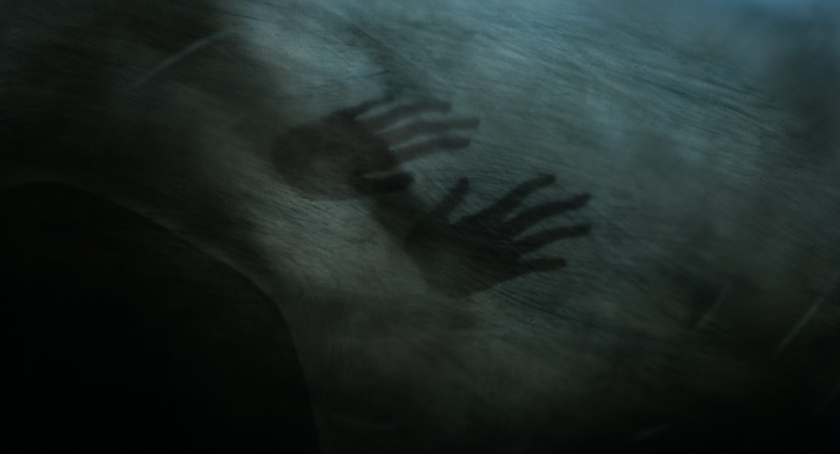
Zarja Menart's 'Three Birds'
| Related: 14th StopTrik Festival Awards |
This sentiment was brought to mind in StopTrik’s two-session program Trik Show, which invites animators to present their techniques, inspirations, and methods. Several filmmakers immediately seconded the idea of animation as play in their own work. With Trik Show, the festival showed that it has a true handle on steeping even the least versed in animation processes, such as myself, by encouraging audiences to interact directly with filmmakers and their craft and learn from experimentation within the medium. For instance, Zarja Menart’s based-on-a-folktale ‘Three Birds’ (Slovenia/Croatia, 2024) showed behind-the-scenes photos that demonstrated how she was able to achieve the sense of looking through water by shooting through multiple spaced layers of opaque sheets. Another one of her techniques involved a friend’s suggestion to shoot through a glass baking dish (i.e., “lasagna pan”, as the filmmakers called it), which created a pleasingly distorted effect.
Many animators brought their puppets — if applicable to their film — to show and pass around. Handling them was immediately a humbling experience and an excellent reminder of the materiality of the medium. I had the opportunity to talk with two of these creators at more length throughout the festival: Laure Menard with ‘Bitch(es)’ from the international competition (Norway/France, 2024) and Žoel Kastelic with ‘New World, New Trace’ from the Panorama “New Weird” program (Slovenia, 2024, clay-based puppets). As audiences examined Menard’s two felt-covered dog puppets, she explained the choices behind the film's last shot, which shows the characters in a more human form as the felt material from the dogs unravels and turns into the hair of two women. In the final seconds of the film, I was immediately hit by a wave of personal interpretations of the film — perhaps it’s an ode to the physical dangers that women face while walking at night, or perhaps the gestures indicate a reference to queer women in particular. Later, Menard told me she implied a sisterly love but appreciates that it evokes something different for everyone under the umbrella of love, a tribute to the power of that film’s single moment.
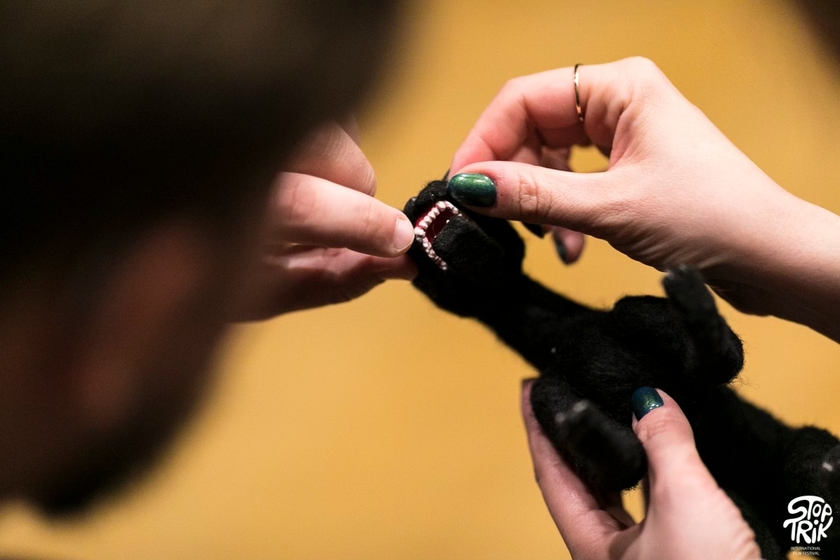
Guests handle a puppet from Laure Menard's 'Bitch(es)' during Trik Show (Photo by Andrej Firm)
‘New World, New Trace’ tracks an astronaut’s voyage to an Earth-like planet in the aftermath of anthropogenic — with a focus on the existing inhabitants of that specific planet, cute bipedal creatures with their own recognizable communities and cultures. Just like in ‘Bitch(es)’, one moment struck me. As the spaceship takes off, the plumes of smoke are animated through cut-outs that include images of man-made structures contributing to climate catastrophe, illustrating the lasting remnants of what we all seem to ignore about our impact on this very planet on which we live. Kastelic explained that she amalgamated 120 photos she had personally taken across Europe, both from the air and from the ground, to generate 120 different paired combinations for the movement of the smoke. Uniquely, the film is also shot outside, where the puppets interact directly with nature (including the forest and beach), feeding into the film’s innate eco-commentary of respecting what we have while we have it — rather than the hedonistic, violent impetus to colonize.
“Gently ecocritical” is what festival director Olga Bobrowska called a secondary theme to the Panorama section’s “New Weird” program, which also included Pablo Ballarín’s delightfully minimalist ‘Point and Line to Cosmos’ (Spain/Estonia, 2023) that narrates the lead-up to Cretaceous-Paleogene mass extinction of the dinosaurs from the perspective of the asteroid. The shooting technique of ‘New World, New Trace’ also bore connections to films like Gustavo Arteaga’s felt puppet queer dramedy ‘Falling for Greta’ (UK, 2023), which sees a corporate woman fall for the eponymous plumber and her luscious hair. While the film takes the easy way out by resorting to a magical realism ending, Arteaga’s grasp of comedic timing through humorous puppet movement captured my full attention, complemented by the intrigue of being shot within the tall grasses of an outdoor environment.
Something about the pseudo “plein air” animation technique used in the ecocritical films started to blur the lines of the human-nature dualism so deeply engrained in our contemporary world. A more direct step into this transhumanist impulse was work that took on the human body at its most head-on. In the Transmigrating Anima retrospective section, Patrick Bouchard’s ‘The Subject’ (Canada, 2018) sees the animator literally deconstruct his own body, revealing symbolic parts and metal segments that make up who he is. While innovative in its thematic approach and visual style, the film regrettably never reaches much more than a concept even over its 10-minute runtime.
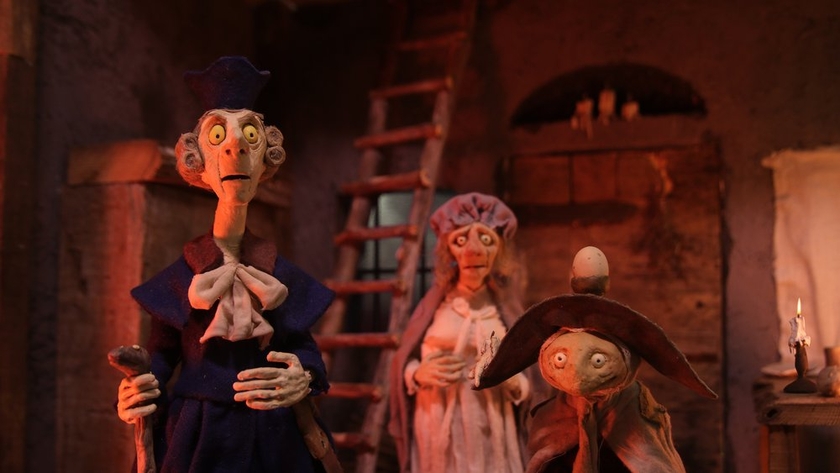
'Impossible Maladies' by Stefano Tambellini
Stefano Tambellini’s playful competition film ‘Impossible Maladies’ (Italy, 2023) turns the comic grotesque into the absurd by following a doctor and his assistant in the Middle Ages who cure peculiar illnesses, including a sneeze that makes the sick one disappear and a sickness where the victim sprouts fruits and vegetables from their body. Tambellini’s stop-motion style brought the film’s gleefully creative ailments into their full vitality, which allowed the work to shine beyond its convincing comedic tone. ‘Playing God’ by Matteo Burani (France/Italy, 2024), another competition film, tracks a clay figurine who falls prey to its own assumptions about its environment after witnessing its zombie-esque peers all around, their bodies repugnantly contorted from mouth to limb. Burani’s film is quite hard to watch — but you also can’t look away, forcing viewers to take in the consequences of the protagonist’s actions and see whether you, too, fall into its trap.
Ironically, I struggle with viewing live-action body horror, but this is likely why I was so drawn to several of these animated films. As it reduces the effects of the abject to something more approachable (and thereby reducing its potency), I could safely confront my anxieties onscreen without fear of replicating them too close to reality. StopTrik poked at me and picked at the scab of the uneasy, telling me that I needed to continue challenging my refusal of the uncomfortable, in every sense of the word and in other parts of my life. Animation might be there to help me digest it, but only I could take it all the way.
The 14th StopTrik International Film Festival took place from 25-29 September 2024.




